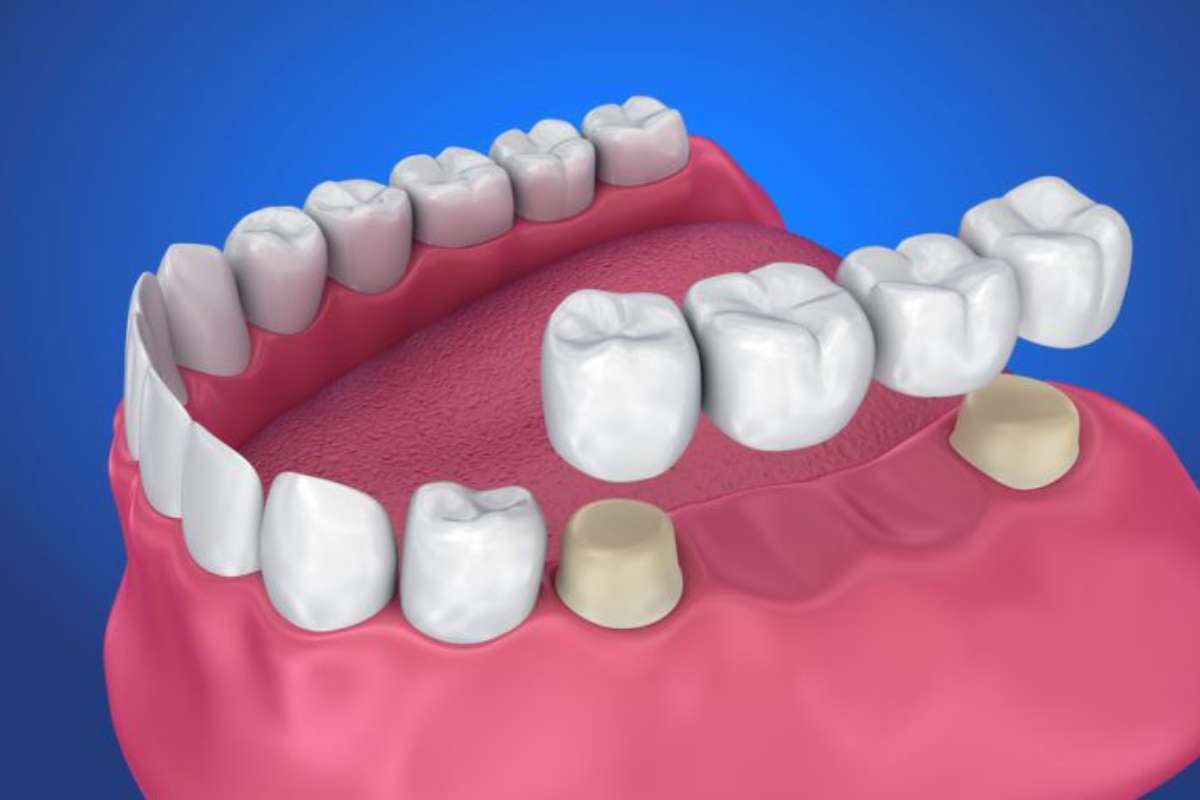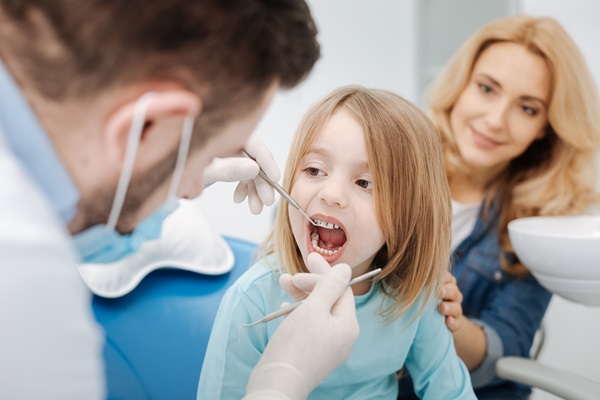Best Maintenance Tips for Your Crowns and Bridges

Are you in pursuit of the perfect smile? If yes, you probably know what a dental crown or a bridge is! They are just two of the many dental restorative options you have to make your smile look prettier. Whether you have recently received these dental restorations or have had them for a while, proper maintenance is essential for numerous reasons. If you do not maintain them properly, it will not only affect their quality but also lessen the effect of your treatment. If you need any dental advice, allentown crowns and bridges will help you get the best treatment!
Some Maintenance Tips to Take Care of Dental Crowns and Bridges
- Practice best oral hygiene
This is pretty much a no-brainer! Maintaining good oral hygiene is the basic rule of preserving your dental crowns and bridges. Regular brushing and flossing are important to keep plaque and food debris away. Be gentle while brushing around the dental restorations to prevent damaging the surrounding gum tissue. Consider using a soft-bristled toothbrush and fluoride toothpaste to clean your teeth and restorations properly.
- Be careful about what you eat!
Unfortunately, yes, you might have to cut down on some foods. Avoid chewing on hard objects like ice or pens, as this can lead to fractures or chipping of your crowns or bridges. Additionally, avoid eating and drinking sugary and acidic foods and drinks, which can contribute to tooth decay and affect the efficiency and longevity of your crowns and bridges.
- Do not smoke or drink alcohol excessively.
While it is no surprise that drinking and smoking are bad for your overall general health, they can also seriously affect your oral health. Smoking can turn your teeth yellow or brown, including any dental restorations like veneers, bridges, or crowns. You can use teeth whitening procedures to make your teeth look white, but it will not completely give a natural look.
- Use the right mouthwash.
Using an antibacterial mouthwash can be extremely useful, as it helps reduce harmful bacteria that may cause gum disease or damage your crowns or bridges. Consult your dentist for recommendations on a mouthwash that specifically suits your needs.
- Visit your dentist regularly!
It does not matter if you have had treatment recently or not. Visiting your dentist is a must! You might not be aware of several inconsistencies in your ongoing treatment, but your dentist will catch them. Do not keep pushing your appointments or missing them. They are vital in deciding the effectiveness of your treatment.






